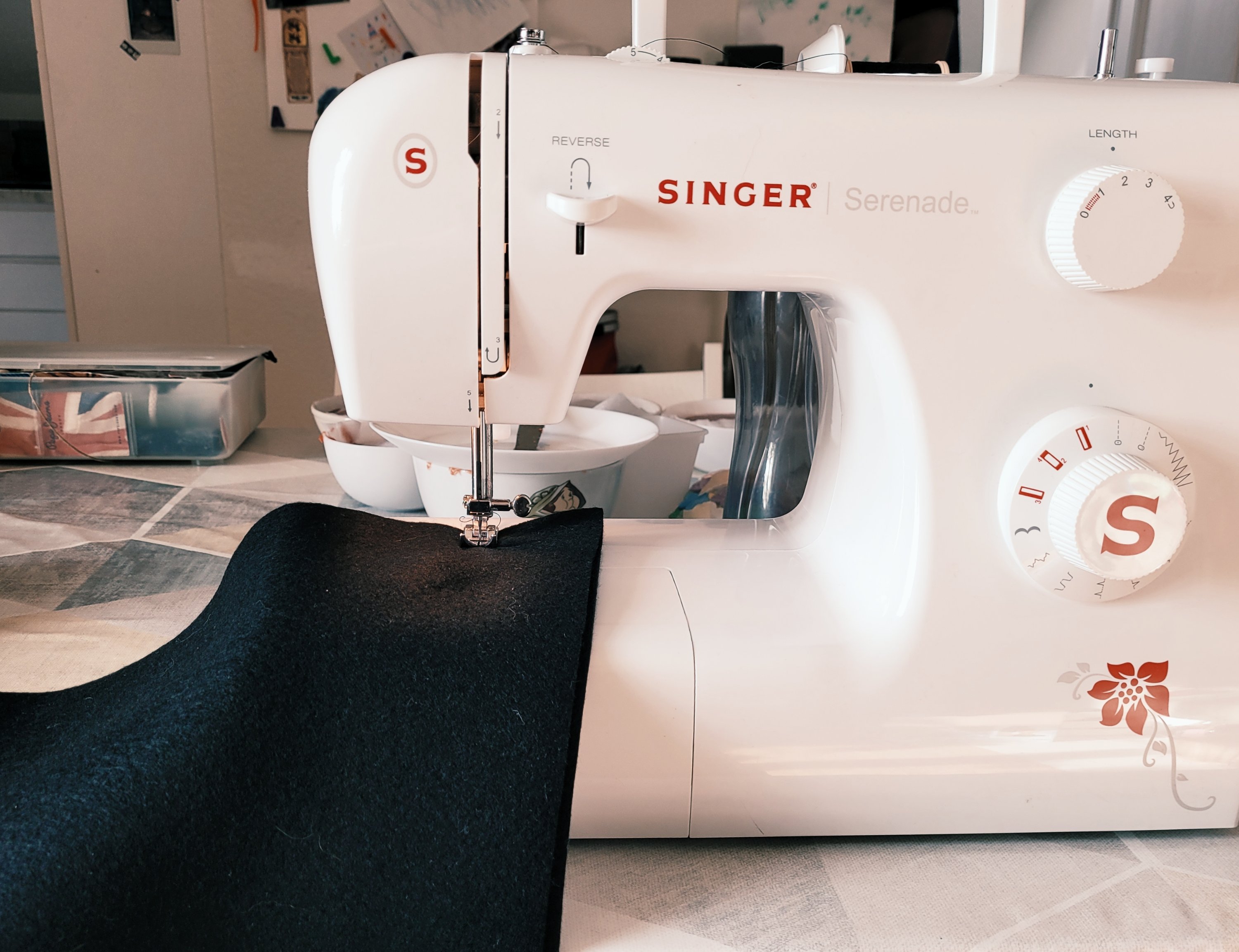
There is no way around it. 16 weeks have passed by since my last weekly post and I don’t believe I will be able to catch up without sacrificing something more important (family albums! sending pictures to family! printing pictures for our house! journalling! making a family recipe book that will make every day life more simple). So many projects, and so little time.
Something huge happened during those 16 weeks: we welcomed Baby A. into our family!

She is a sweet little thing. An early term baby, she is smaller than my first baby, her big sister. The first few weeks with her were so different from our first time as parents, which threw us off guard. Despite some challenges during the first days, she quickly adapted to our hectic Summer rhythm with an almost three year old in tow. She has been to countless picnics by the lake (I will count them when I have time – or not, but surely not less than 15!), afternoons by the swimming pool, she has slept in a caravan, ridden on a train, metro, and even a boat… and she’s not even two months old!
Also: we are moving at the end of the month.
Because of our busy, busy life, I am becoming better and better at making doable to-do lists. I severely prioritise. I make them thinking “if the baby were to wake up now, what cannot simply wait till later?“. If I happen to have free hands, I choose to do first whatever really needs to be done with free hands, and later what can be done whilst wearing a baby. But, even though parents quickly become masters of juggling several tasks, babies also exist to show parents that sometimes you just need to stop and contemplate. Or you’ll miss it – this fleeting moment where your newborn is still a newborn with all those little newborn quirks that you very quickly forget when they grow. Very quickly.
Being able to take a step back from my professional life has had two effects: one is to get me thinking about what is really important, and which are my core interests and values that, in the long term, I don’t want to sacrifice. The other is that my brain wants to go places: I’ve felt little surges of creativity, I’ve missed writing, I’ve been itching to knit, I’ve been wanting to take pictures and it’s begging me to embark on some kind of challenge to myself. I’ve even written down a few possible challenges. But, as I am now a better master of my to-do lists, I’m not setting myself up for failure and I’m keeping it simple. One thing that I have decided that I would like to keep, amongst all the business of the few months, is this “weekly report”. And just because I really like to read back on what I wrote!
In these past 16 weeks, it has become more than clear that Toddler is no longer a toddler and has officially become a child. She turned three this week, and we have celebrated well.

We organised the first birthday party with children from the crèche. Then a party with friends with children who play often with O. And then a few evenings with other friends with whom we wanted to share this moment. And cake! Cake is very important.


Just a note on these weeks’ cakes:
- Chocolate cake: a no-brainer with this simple, but quite perfect recipe by Mary Berry. I doubled it for the first birthday party and made the simple version for crèche. For the filling I used peach jam (perfection!). I used double crème in the ganache, which is the closest version to the double cream the recipe calls for, but I found it quite fatty and way too rich, so I will try a different ganache recipe next time. The first cake was decorated with Smarties and Peppa Pig figurines.
- Coconut and raspberry cake: O. asked for cake with raspberries, so I went for the Versatile Coconut Cake from this book (definitely my favourite cake recipe book!) with raspberries in the batter and a raspberry curd, also from the book. The topping was a simple coconut glaze with gummy raspberries on top, which were a big success with all the kids (and some adults).
A few more things from these weeks:
We keenly followed the Ultra-Trail du Mont Blanc on social networks, and even though our weekly mileage consists mostly of climbing stairs to fetch nappies, clothes, toys and babies, or pushing prams around the park, both of us have been dreaming of runs on the trails. I listened to all the episodes in Mathieu Blanchard’s podcast.
I finished reading Hamnet and Anxious People and re-started Memorial do Convento. I takes me longer than ever to finish books, but I’m also more motivated than ever to stick to them if I am loving them, even if they are difficult to read, which is the case for Memorial do Convento. By difficult, I mean that they demand my concentration (which is worse than ever) and to digest certain sentences – thus, not of the page-turner variety.























